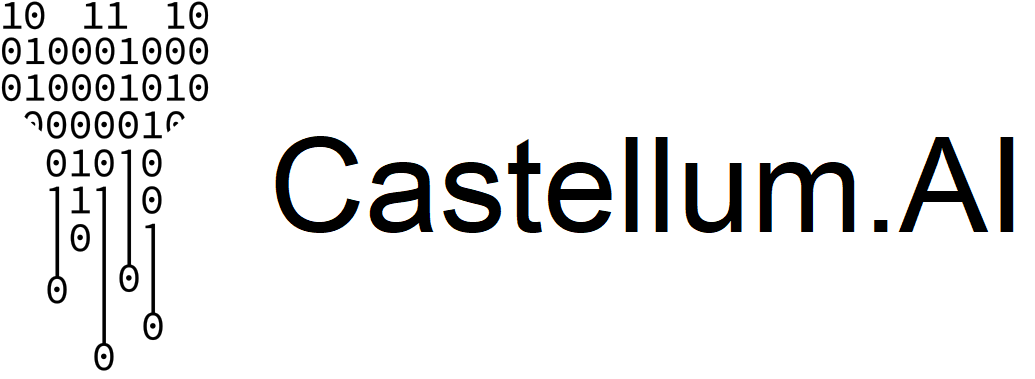Impact of Sanctions on Russia
Asking whether sanctions work or not is like asking whether the threat of jail is a deterrent to crime. In some cases yes, in others no, and in others we don’t know, but we can absolutely say that sanctions, like jail, certainly imposes costs. Even when aware of the cost, leaders may decide that the economic cost of sanctions is worth a political benefit, or they might miscalculate believing that sanctions will have little impact, or not be implemented globally.
Before Saturday, pro-democracy countries were issuing list based sanctions (adding duma members, individual banks, oligarchs). These actions have a huge impact on the sanctioned individuals and entities, but even in large numbers, do not have a country-wide impact.
This is especially the case because Russia has been working to sanctions-proof its economy since its annexation of Crimea in 2014, but the steps Russia took assumed it would be defending against limited US sanctions, not a concerted global effort that included Iran-style sanctions, a SWIFT cut-off, and a refusal by China to buy up more Russian commodities and debt.
Everything shifted Saturday because the G7 agreed to:
Remove some or all Russian banks from SWIFT.
SWIFT is how banks globally communicate with each other, so removing Russian banks from SWIFT means that Russian businesses can no longer get paid and effectively cannot sell goods internationally. Even if the SWIFT cut-off is limited, most banks globally are likely to stop all Russia-bound or originated transactions out of an abundance of caution.
Target Russia’s central bank with sanctions, potentially vaporizing the country’s $630 billion foreign reserves (rainy day fund).
Exact numbers unclear, but much of its foreign reserves are held outside of Russia (US, Germany, France, UK, Austria and Japan).
Those that are not in US dollars and Euros include Chinese Yuan and physical gold holdings that are not easy to sell. Freezing of Russia’s foreign reserves at the same time as a run on the banks has potential to plunge the value of the ruble, immediately hurting the Russian populace through goods shortages, higher prices for everything including food and gas, and crushing pension values, a crucial item for Putin who has until recently been broadly supported by older Russians.
Russia will not face societal collapse, (neither did Iran) but living standards will fall, incomes will fall, there will be shortages of goods and opportunities that Russians have taken for granted, and with that satisfaction with Putin will fall. He will have to figure out how to manage this fallout, especially if he cannot bring home a “victory” and the war drags on. Iran famously touted its resistance economy, but that's really a synonym for an economy that can’t manufacture anything other countries are willing to buy.
Sport and culture impacts:
FIFA penalties (soccer)
FIA penalties (F1 racing)
Airspace bans for Russian civilian aircraft
Russian artists dropped by Metropolitan Opera, Vienna Philharmonic, others
CURRENT AS OF 8AM EST, 28 FEBRUARY
Castellum.AI is seeking to provide a resource compiling sanctions data targeting Russia for its ongoing invasion of Ukraine. This data is available for public use. If you would like raw sanctions data, contact us.
Want to be ahead of the headlines?
We have you covered. Sign up to receive data alerts and original insights from Castellum.AI

